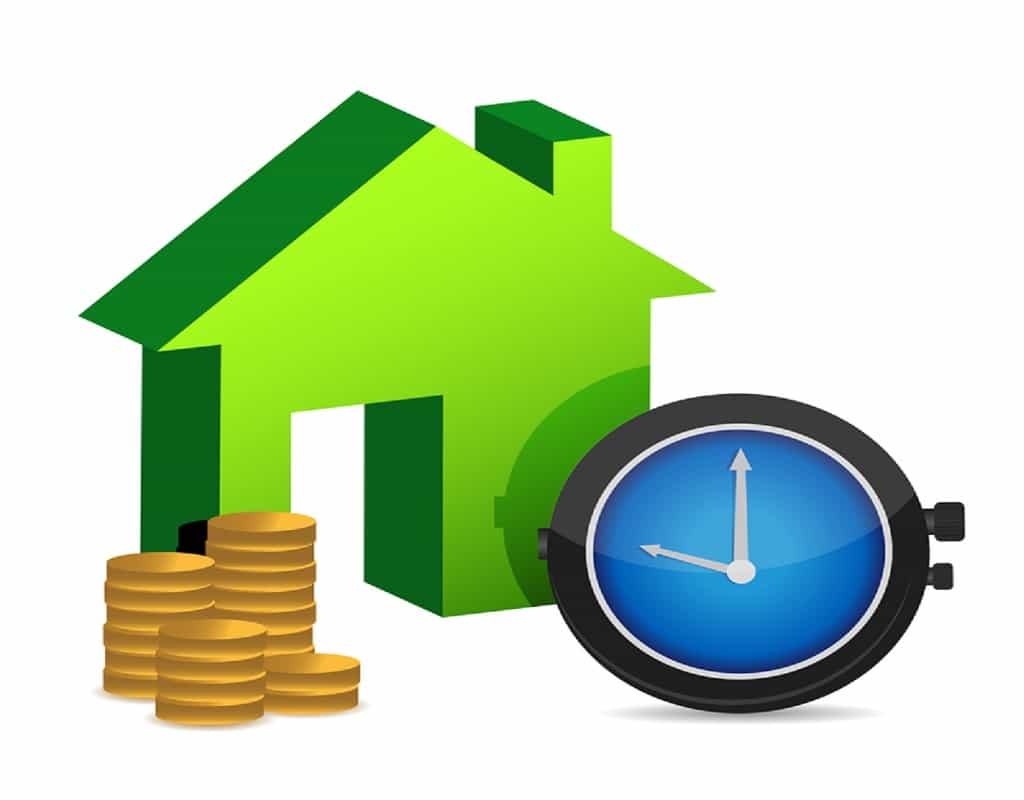In our passive income July update, I mentioned that we are going to add a new income stream — private mortgage — to our income streams portfolio. A private mortgage is a loan made by an individual or a business that is not a traditional mortgage lender. The private mortgage stream will provide us with 8-10 percent income. We are able to manage by ourselves all our other investments, such as a dividend-paying stocks portfolio, lending to small businesses in Canada, and renting our condo, but that is not the case with the private mortgage. Mortgage brokers have connections with financial institutions, and if financial institutions cannot provide a mortgage to a borrower, they refer the borrower to a mortgage broker as an alternative. Lenders looking for a better interest rate than that provided by a financial institution may also seek out a mortgage broker.
Mortgage Broker

The first step in the process is to find a mortgage brokerage firm that can provide you with the ability to lend money as a private mortgage lender. All information you receive (or do not receive) comes from your broker. The broker does the first screening of the market opportunities and presents to you the available deals on the market and their pros and cons to provide you with an option of final deal selection.
Private Mortgage Safety

The second step is risk estimation. The higher the risk, the higher the return; that is also applicable for private mortgages. The mortgage is given against the property value. If a property price is 1,000,000 CAD, a lender looks to provide a mortgage for the property value less 30-40 percent, or C$600,000-$700,000. This 30-40 percent safety net guarantees the lender will get his money back even if the real estate market cools down and property values fall. The higher the property value on which the lender is ready to lend, the higher the risk will be (and as a result, a possible higher return).
Home and Title Insurances

The third step is being insured. To prevent, or at least to minimize, possible losses, it is important to obtain insurance to protect from unfortunate events, including title mistakes, fire hazards, and more. There are insurances designed to cover these cases, and they are paid by the borrower. Conversely, a title has information about owner or owners of a property and any debt related to it; title insurance covers the cases in which title information is erroneous. A private mortgage lender also appears at a private mortgage agreement signing. A lawyer may advise on other recommended insurances.
Order of Payments and Termination Period

Our private mortgage contract is for one year with a monthly interest payment. This means that we receive only interest payments monthly, and all lent money will be received after one year. There is an option to continue or cancel the mortgage agreement after one year. The borrower also has an option to return all borrowed money without penalty at any time. Other private mortgage contracts are available; some of them require five years of investment to realize full return as interest increases over the years, and all interest is received only if you invested for a full five years. Less interest will be received if your money is withdrawn early. The contract we use provides the benefit of better liquidity and interest payments from the first day.
Private Mortgage Passive Income

Private mortgage lending is a meaningful addition to our income streams portfolio, contributing 8.95 percent interest. The most important part of this process is the legal aspect, so having a mortgage broker you trust and an experienced lawyer in real estate transactions is key to success in private mortgage investing. After signing documents, private mortgage passive income does not require our intervention, and therefore frees our time to consider and pursue other possible income streams.



